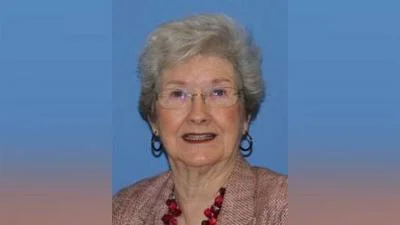Eroding support for a statewide property tax freeze backed by Illinois Gov. Bruce Rauner – even from some in his own party – kept senators from even considering the bill during a November legislative session, according to a Nov. 11 article on MyJournalCourier.com.
Proposed by Illinois Rep. Michelle Mussman (D-Schaumburg), SB 851 was the Senate counterpart to HB 696, which easily passed 71 to 31 in April 2016, according to IllinoisPolicy.org. The bill would have locked in the current tax rate for the next two years for residents in Cook, Lake, McHenry, Kane, DuPage and Will counties, according to the Chicago CBS affiliate’s website.
While the freeze has faced opposition, Mike Fagel, a former official with the Sugar Grove Township Board, urges caution before throwing out the entire model.
“I believe that township government may be useful in some areas of the state,” he said in an interview with the Kane County Reporter. “My key takeaway is I don’t think you should make a statement ‘all X or Y should go,’ but I’m saying there needs to be an honest and thoughtful review of (whether) these services being duplicated or can they be consolidated.”
One of the services he’s referring to is road maintenance in small, rural communities. Fagel said that for residents in those areas, “township government may be the only government they have.”
“In some rural areas, the highway districts offer such an invaluable service because they’re the guys that maintain the roads and plow the snow,” he explained. “They provide a valuable piece of the puzzle because it’s work not done by anybody else.”
He did concede, however, that in some cases consolidating those services could lower costs and ease the tax burden. That’s especially true when government is still pursuing solutions to problems that existed decades ago, but are no longer relevant issues, he said.
In addition to his four-year stint on Sugar Grove’s board of trustees, Fagel also serves as an unpaid official on the water district in Kane County. In contrast to those that compensation draws the best talent pool for a given job, he recommends using more unpaid, volunteer leaders at the township level as a way to cut costs.
“Every lawmaker is running for his next election,” Fagel said. “What we have here is a failure of lawmakers, elected officials, to view their role (as serving) the people, and not have the people serve them. And I believe many people have forgotten that.”
For other counties, the particulars of implementation would have been left in the hands of local government boards and their constituents, according to a memorandum from Executive Director Bryan E. Smith of the Township Officials of Illinois lobbying group.
The CBS report said some Republicans characterized the bill as “pandering” in the wake of a 32 percent hike in state income tax earlier this year. Illinois households pay more than $8,000 annually in state and local taxes, ranking them No. 1 in the nation, according to IllinoisPolicy.org.
The Peoria Journal-Star quoted Rauner as selling a property tax freeze to constituents last summer.
“I hear relentlessly about how difficult it is to raise a family, to make ends meet, how difficult it is to build a business in the state of Illinois with the property tax burden we’ve got," Rauner was quoted as saying.
In Smith’s memo on behalf of TOI, he urged his members to tell their elected officials to oppose the tax freeze. His condemnation of the freeze runs counter to several elected officials across the state who say the township system is outdated and needs to be scrapped.






 Alerts Sign-up
Alerts Sign-up